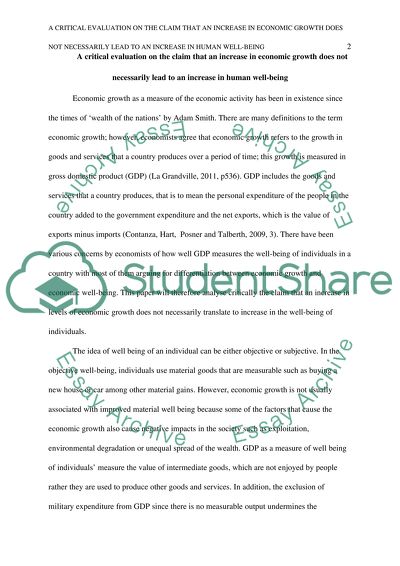Cite this document
(“Increase in Economic Growth does not Necessarily Lead to an Increase Essay”, n.d.)
Increase in Economic Growth does not Necessarily Lead to an Increase Essay. Retrieved from https://studentshare.org/macro-microeconomics/1482564-a-critical-evaluation-on-the-claim-that-an
Increase in Economic Growth does not Necessarily Lead to an Increase Essay. Retrieved from https://studentshare.org/macro-microeconomics/1482564-a-critical-evaluation-on-the-claim-that-an
(Increase in Economic Growth Does Not Necessarily Lead to an Increase Essay)
Increase in Economic Growth Does Not Necessarily Lead to an Increase Essay. https://studentshare.org/macro-microeconomics/1482564-a-critical-evaluation-on-the-claim-that-an.
Increase in Economic Growth Does Not Necessarily Lead to an Increase Essay. https://studentshare.org/macro-microeconomics/1482564-a-critical-evaluation-on-the-claim-that-an.
“Increase in Economic Growth Does Not Necessarily Lead to an Increase Essay”, n.d. https://studentshare.org/macro-microeconomics/1482564-a-critical-evaluation-on-the-claim-that-an.


